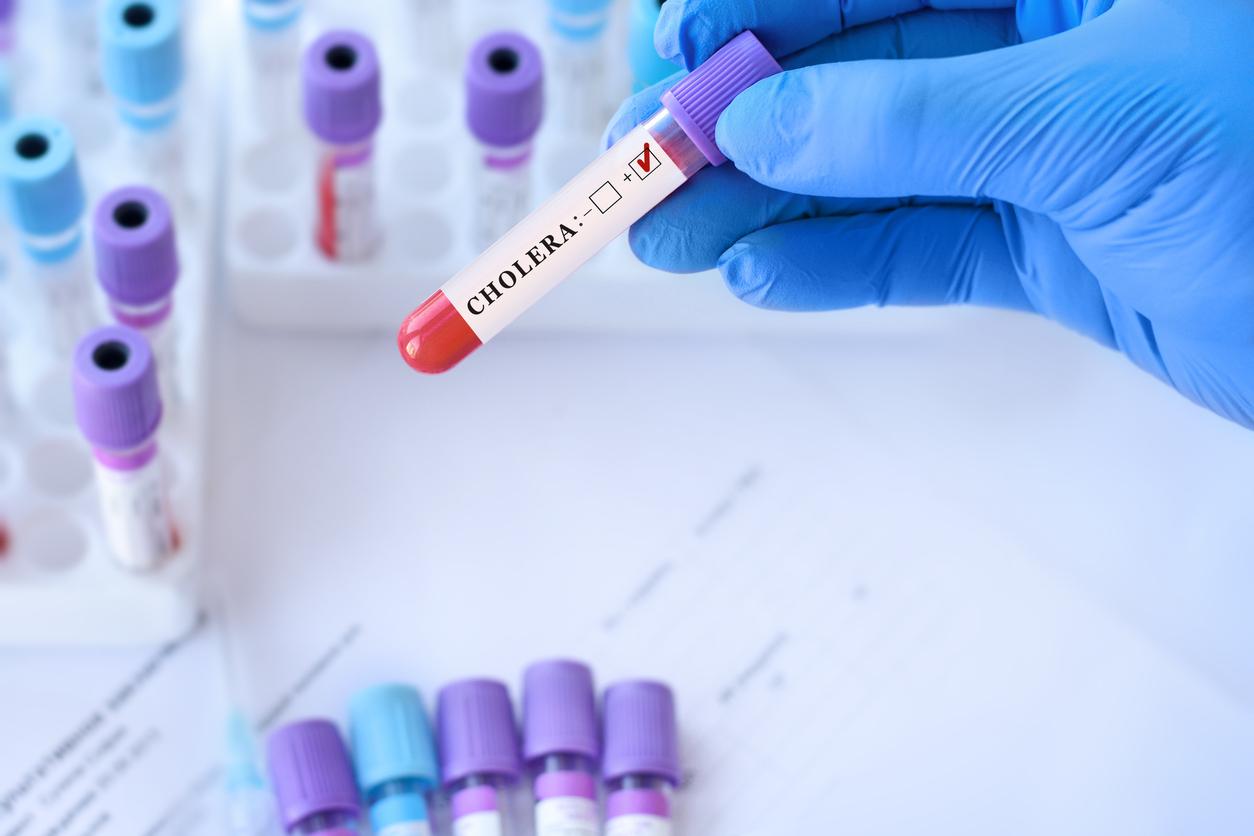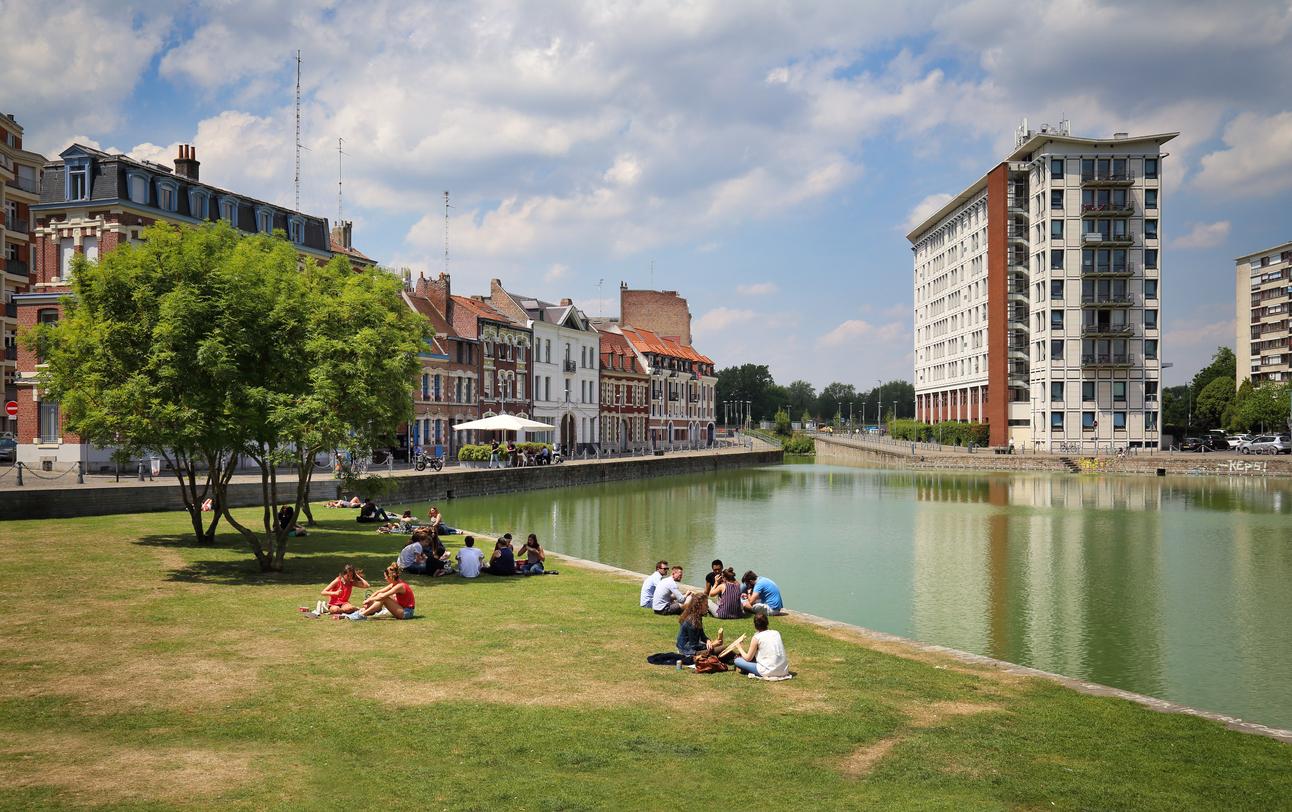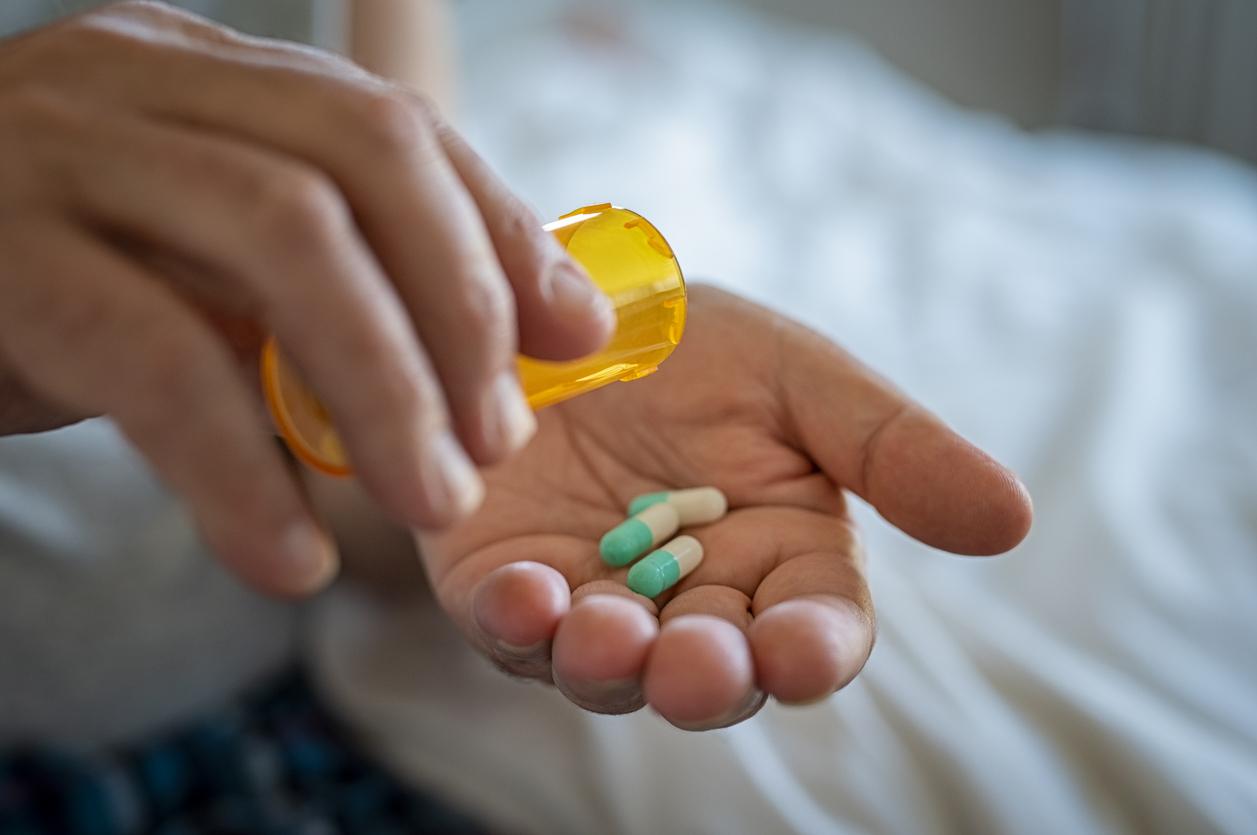The French consume a little less antibiotics than before, announces Public Health France in a report published this Monday, November 18, on the occasion of the world week for the good use of these drugs.

“Encouraging” results. The French consume fewer antibiotics than before, according to a official report of Public Health France published this Monday, November 18 on the occasion of the world week for the good use of these medicines. The objective of this week is to raise public awareness of antibiotic resistance, ie the fact that more and more bacteria are becoming resistant to antibiotics.
To arrive at these encouraging conclusions, Public Health France examined the number of doses of antibiotics consumed and the number of prescriptions in town (outside hospitals), which represents 93% of the total consumption of the French. After observation, “encouraging results are observed: the overall consumption of antibiotics, expressed in defined daily doses (DDD), is stabilizing. Expressed in number of prescriptions, it fell by 15% from 2009 to 2018”, notes the report.
But in detail, if consumption decreases among young people, it increases on the other hand among those over 65, who are more vulnerable. What is more, the taking of antibiotics varies from one region to another: it exceeds the national average in PACA and in Hauts-de-France but is however below in Pays-de-la-Loire. , in Auvergne-Rhône-Alpes and in Brittany.
France, a bad student in Europe
“I think there is a generational awareness. I see it with my interns: from time to time I tell myself that it would be good to prescribe antibiotics and they tell me ‘no way’”, explains Jean-Paul Hamon, general practitioner and president of the Federation of Doctors of France. at BFM TV. But for the director of the infectious diseases department of Public Health France, Bruno Coignard, this drop in antibiotic consumption also comes from patients. “Patients are perhaps less demanding of antibiotics, they have been told for less than 10 years ‘antibiotics are not automatic’ but we must continue because today two thirds know that antibiotics are not effective. against viral infections,” he says.
However, much remains to be done, with France remaining the third worst-performing European country in this area behind Greece and Cyprus. “We consume three times more drugs in France than in the Netherlands, while the frequency of infections in these two countries is a priori the same”, affirms Bruno Coignard to RTL. However, “Health insurance could save 400 million euros if French consumption was the same as that of the Netherlands”, assures the report.
According to Dr. Coignard, this difference in practice is cultural. In France, “the care is very much based on a treatment: a patient waits for a prescription at the exit” of a consultation, he explains to BFMTV.
Some doctors will want to “hit it wide and try to solve a problem with antibiotic treatment straight away, rather than telling the patient ‘come back in the coming days if necessary’”, adds Dr. Gabriel Birgand. Also, for Bruno Coignard, “the challenge is not only to prescribe less, but better”, by considering the choice of the type of antibiotics or “the duration of treatment, which may be shorter.”
For a better use of antibiotics
Finally, the Public Health France report looked at the Escherichia Coli bacterium, which is very common and in particular the cause of urinary tract infections from which so many women suffer. After an increase between 2012 and 2015, the resistance of this bacterium to antibiotics called “third generation cephalosporins” (C3G) has been falling since 2016. And this, in towns as well as in nursing homes. If this phenomenon has yet to be confirmed, a better use of antibiotics in France could be an explanation, say the experts.
“It is therefore essential to continue to promote and amplify actions in favor of the good use of antibiotics with all the actors concerned: citizens, patients, human and animal health professionals, and decision-makers”, concludes the report. of Public Health France. Because “the consumption of antibiotics is one of the main factors which explains the appearance and the spread of multi-resistant bacteria”, recalls Dr Coignard.
In recent years, antibiotic resistance has become a real public health issue. In 2014, in a surveillance report carried out on 114 countries, the WHO drew up an alarming observation: mild infections could kill again for lack of effective antibiotics. Many scientists have therefore been working on the subject for several years, trying in particular to deploy natural viruses called bacteriophages to infect and kill bacteria.
.














